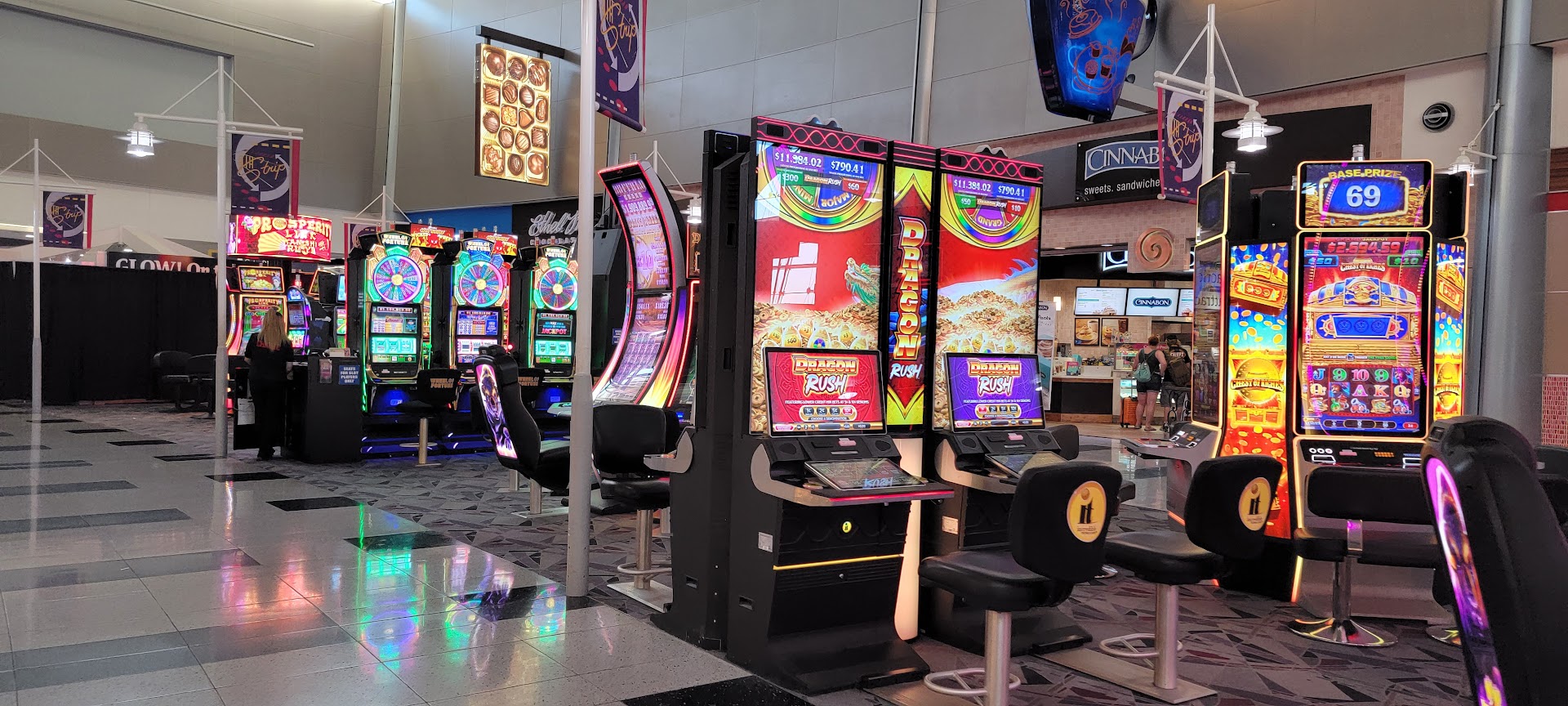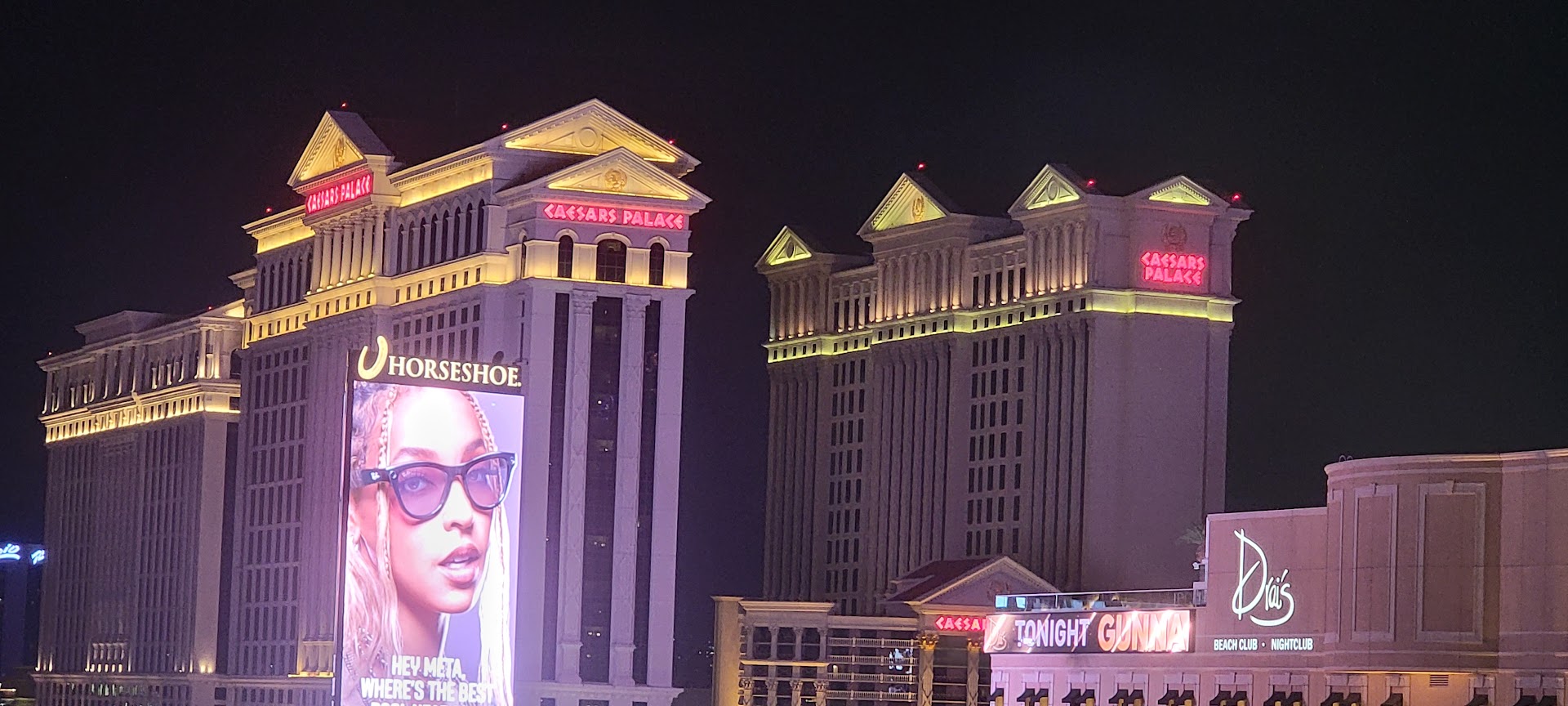I wrote last week that a provision of the new Trump tax law could kill off MGM Rewards and Caesars Rewards. Gambling losses become only 90% deductible against winnings, and that means when you break even you still owe taxes, and even when you lose you still owe taxes on winnings. Who’s going to want to be putting their loyalty card down tracking every play at the casino?

Indeed, as Matt Levine points out, who’s going to want to do their sports betting as the casino? Do it through your brokerage account and there’s no tax penalty. In fact, there’s a tax advantage!
You can still trade stocks on Robinhood though. That’s fine. Nothing has changed. Your losses on stocks are still 100% deductible against your winnings.[5] The new tax bill discourages gambling, but it doesn’t discourage stock investing, and it doesn’t even discourage stock gambling. Just regular gambling.
That is a subtle distinction. You can bet on sports on Robinhood. In February, Robinhood rolled out “event contracts” on the Super Bowl through Kalshi Inc.; it quickly canceled those contracts after regulatory pushback, but it restarted a few prediction markets in March, including contracts on the college basketball tournaments. And Kalshi, a prediction market registered as a futures exchange with the US Commodity Futures Trading Commission, offers many more event contracts to US retail traders, including lots involving sports.
… If you bet on sports on DraftKings and win 51% of the time, after taxes, you will lose money. If you bet on sports on Kalshi and win 51% of the time, after taxes, you will make money. That is considerably better!
…The modern way to gamble is through the financial markets, and people like betting on sports, so of course the modern way to gamble on sports is through the financial markets. Now that is also the tax-advantaged way to gamble on sports.

Prediction market contracts are commodities, not sports bets. You can deduct your losses against your winnings. You can even deduct your losses against stock market gains.
The only investing where I pay fees greater than what I’d pay Jack Bogle is for tax loss harvesting. Gambling losses were never great (you could only deduct losses up to the amount of your winnings) but now they’re bad.
Investment losses can actually be good and improve your overall rate of return. Now you can harvest losses on sports betting – as long as you do it via the Robinhood app instead of DraftKings!

Unless this provision of the Big Beautiful Bill gets rewritten, Delta Air Lines has hitched itself to the wrong horse! Ed Bastian should be appearing with Vlad Tenev not Tom Brady!


As NYC Comptroller Brad Lander recently said… ‘good f-ing riddance!’
I look like a pretzel twisting and turning to make this relate to travel. But it is your blog.
keep winning, don’t ever lose! problem solved.
Classic definition of a loophole. No wonder I flunked out of UT business school. I could never in my wildest dreams think up these new ways to steal…..
Hey @Ray, there are times where I’ve felt that way too, but this column seems pretty clearly related to Las Vegas (a massive travel destination, and a city with an over-sized impact related to lodging & air travel). As for the point that Gary is making, even as a supporter of the BBB I’ve got to agree with him. He’s articulated a well said case about the fine line between betting, prediction markets, the stock market, and Kalshi. I’ve got to agree that federal tax policy is inconsistent as it relates to each of these, and that needs to be corrected.
This was apparently put into the BBB to provide a relatively small tax offset and meet requirements for reconciliation. It will get fixed. There is already a bill to restate the 100% write off of losses against wind and it has bipartisan support. Regardless of your political view to tax net losses is an issue
BTW this only applies to reported income (AKA 1099-G earnings) for most people and you have to itemize to offset that with losses so it really doesn’t impact 90% of the people that gamble.
However it impacts professionals (mainly sports betting and poker) since they record all action plus have travel and other expenses to apply (itis their business so their write offs are more generous than average gamblers)
Much ado about nothing as this will be resolved before it goes into effect in 2026 but keep stirring that pot Gary
Losing tax deductions alone won’t kill Las Vegas (Millennials, after all, don’t gamble). They should be far more worried about conferences and other business events largely going online.
And let’s not even talk about the increasing aridification turning the southwest into a climate suitable only for reptiles*.
(* Four-legged ones, that is. Lizards of the two-legged variety have thrived in Vegas for decades…)
I speculate that this change may actually have been intentional. To understand why you need to know about the background of the senator that quietly snuck it into the “Big Beautiful Bill”, Mike Crapo of Idaho. Mike Crapo is LDS (Mormon), attended BYU, served as an LDS bishop in his early 30s, and is still a church member. The LDS church leadership absolutely abhors gambling and has quietly lobbied against it for decades. Two talks by LDS leadership are illustrative of the church’s position: “Gambling” by Gordon B. Hinckley (a former president of the church) and “Gambling — Morally Wrong and Politically Unwise” by Dallin H. Oaks (the current second-in-command).
Las Vegas is an especially sore spot for the LDS church. The Mormons established a fort there in the 1850s and established a Mormon settlement later on (there is still a sizeable LDS population in the Las Vegas suburbs like Henderson). In a twist of bitter irony (from the perspective of church leadership), however, it was LDS real estate investors who helped build up the Las Vegas strip in its early days into the casino and party center that it is today. Many LDS leaders would love to crush the professional gambling industry in Vegas and restore it to a more “Utah-like” city. Disincentivizing casino gambling would be the first step (perhaps with the hope that online gaming through event contracts could then be restricted later).
@ All — The proper acronym is OBBA, not BBB!
@ Steven — I agree. @ Retired Gambler — Sorry, nothing is likely to be fixed. There is crap that was never “fixed” from the 2017 bill.
Where was Miriam Adelson in all of this? Talk about getting zero value from contributions to El Trumpo and the RNC.
It’s all being taken away little by little.